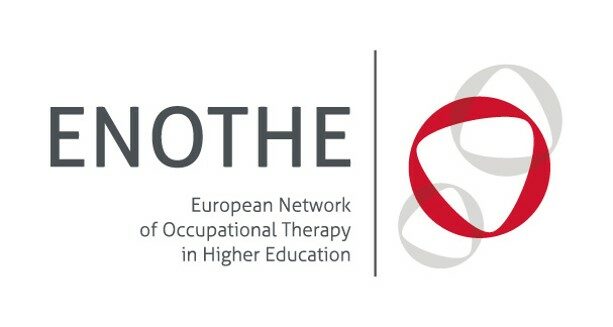MEASURING AND COMPARING ACHIEVEMENTS OF LEARNING OUTCOMES IN HIGHER EDUCATION IN EUROPE (CALOHEE) SUBJECT AREA QUALIFICATIONS REFERENCE FRAMEWORKS (META-PROFILES) FOR OCCUPATIONAL THERAPY: An Open Consultation
Background:
An open consultation is a process in which individuals, organisations, or stakeholders are invited to offer input, feedback, or opinions on specific issues, policies, proposals, or decision-making processes. The primary objective of an open consultation is to gather a wide array of viewpoints, expertise, and suggestions regarding a particular subject or matter. It aims to ensure transparency, inclusivity, and accountability in decision-making processes. Open consultations are tailored to promote engagement from the general public and stakeholders alike. They are open to anyone interested in contributing, with participants ranging from individuals and interest groups to experts and related communities.
The European Network of Occupational Therapy in Higher Education – ENOTHE is initiating an open consultation regarding the updated SUBJECT AREA QUALIFICATIONS REFERENCE FRAMEWORKS (META-PROFILES) FOR OCCUPATIONAL THERAPY. These frameworks are the outcome of two years of work by the ENOTHE Tuning Task Force and have undergone a Delphi study involving up to 16 European experts in occupational therapy education, practice, and research.
How to participate?
To participate, start by familiarizing yourself with the background and relevant documentation. In 2008, the “Reference points for Design and Delivery of Degree Programmes in Occupational Therapy” (available at LINK) were published as guidelines for European universities. However, due to the rapid evolution of the profession, changing population needs, and evolving national standards, updates to these competencies have become necessary. Consequently, the Tuning Academy project group launched the “Measuring and Comparing Achievements of Learning Outcomes in Higher Education in Europe” (CALOHEE) project (LINK) to strengthen the position of European and national higher education sectors and the degree programs they offer.
The CALOHEE project consists of three stages for five subject areas, including occupational therapy. The first stage involves revising and refining the Tuning frameworks of reference points, followed by the development of an assessment framework based on the outcomes of the initial stage. The third stage aims to create multi-dimensional tests for measuring and comparing achieved outcomes within a European context.
The process for developing occupational therapy education programs within the CALOHEE project followed a bottom-up approach. It involved the recruitment of the ENOTHE Tuning Task Force, comprising 15 academics and 2 students with expertise in the field and international experience, representing different countries and various types of higher education institutions. The first phase focused on refining the reference point frameworks for bachelor’s, master’s, and doctorate degrees, ensuring a balanced distribution of learning outcomes among them.
The second phase is currently in progress and will establish clear assessment criteria using a multi-dimensional approach. The third phase will involve the development of a multi-dimensional test to gather reliable information on the strengths and weaknesses of occupational therapy degree programs.
Overall, the reference frameworks and assessment criteria resulting from this process will enhance the quality and fairness of external and internal quality assurance mechanisms. They will also provide clear indicators for the design and implementation of occupational therapy education programs that align with societal needs.
The ENOTHE Tuning Task Force team collaborates closely with and receives guidance from the Tuning Academy at the University of Groningen as part of the CalohEx project.
The current Open Consultation focuses on revising the overall frameworks revised and elaborated in the first phase. This elaboration went through different stages, including a two-phase Delphi process with the participation and agreement of 16 European experts.
How to participate in this Open Consultation?
To participate in this Open Consultation you will need to follow the below steps and open the respective links mentioned. The last step consists of a survey completion which will collect your opinions or general allegations on the content of the documents within step 2.
The survey takes between 10-30minutes to complete and we suggest using a Microsoft account to ease the process.
- Explore the introductory explanation of the frameworks: click here to open link (pdf file);
- Carefully analyse/review the following documents:
- Complete the survey: click here to open link (MForms) until September 24, 2023. (if you wish to preview the survey content, access the pdf file here)
Thank you for your valuable contribution!
We value your input from professional, educational, research, national, and international perspectives, as well as your experiential knowledge.
